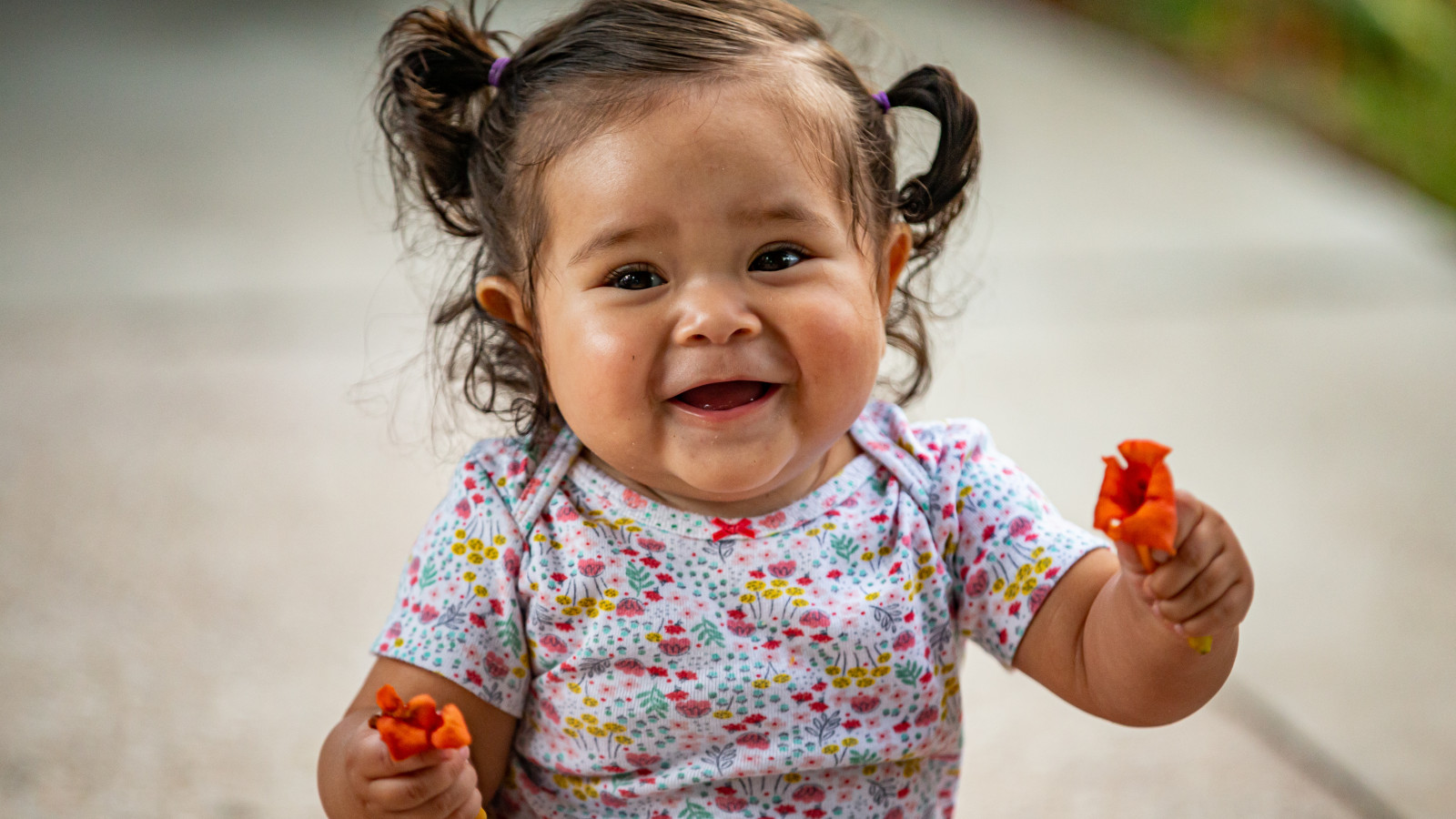On March 27, 2020 the CARES Act was signed into law, providing $3.5 billion in grants to states for immediate assistance to child care providers to prevent them from going out of business. Still, as of summer 2020, according to Child Care Aware of America’s Picking Up the Pieces report, 35% of child care centers and 21% of family child care programs remained closed nationwide. The American Rescue Plan Act, which passed in March 2021, dedicated $39 billion in child care relief funding, including $15 billion for the Child Care and Development Block Grant (CCDBG) program and $24 billion for a child care stabilization fund, among a number of other crucial supports for families and the child care providers they rely on.
This relief underscores the U.S.’s significant, historical underinvestment in early care and education. Before COVID-19, the system was already fragile and underfunded. The U.S. spends less than 0.5% of GDP on child care, which is far lower than the majority of developed countries.
In addition, children of color and children from families with low-income are less likely to be enrolled in high-quality early care and education programs. Child care staff are undervalued and underpaid, and female caregivers, especially women of color, are typically hurt the most because they bear the brunt of formal and informal care.
In partnership with the Robert Wood Johnson Foundation and Child Care Aware of America, StoryCorps recorded conversations with families who rely on child care, as well as child care providers, to understand how COVID-19 has impacted the child care industry, families, and society at large.
Listen to personal conversations about the struggle to afford and access child care. Hear about challenges that providers face in operating early care and education programs during the pandemic:
